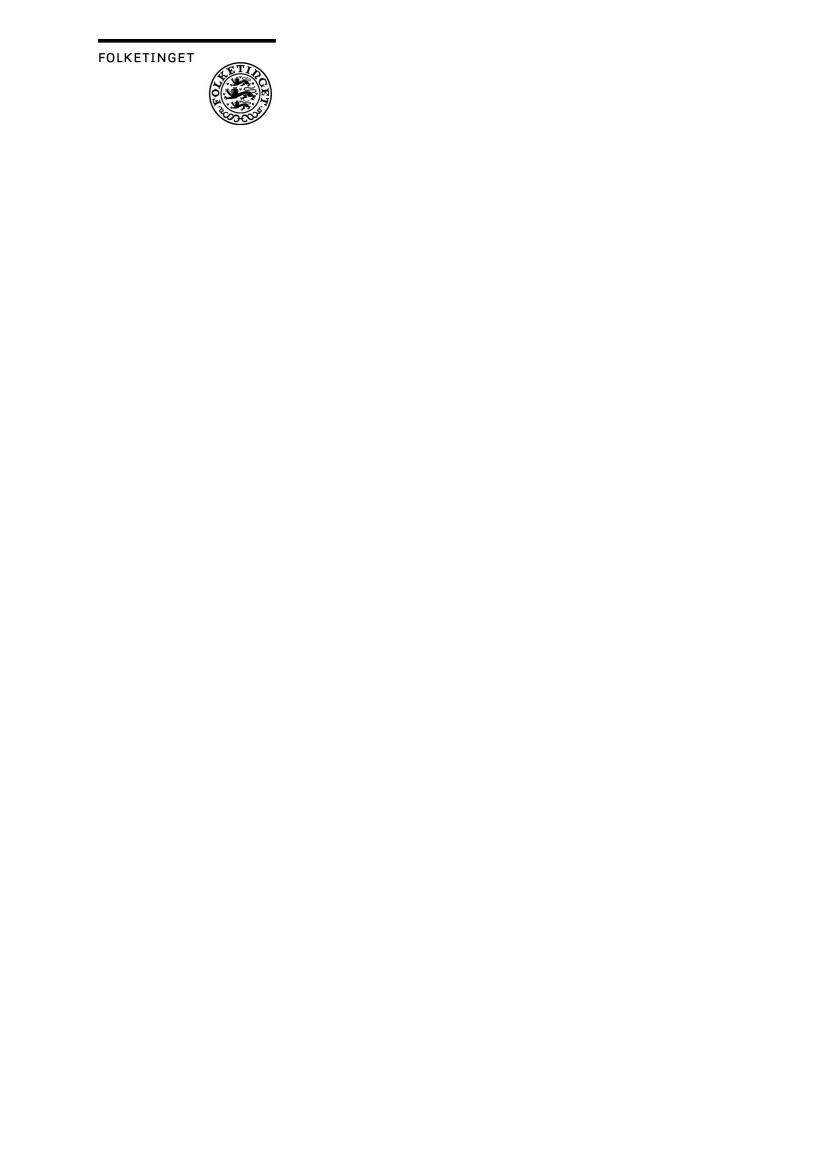
Europaudvalget
Til:
Dato:
Udvalgets medlemmer og stedfortrædere
6. januar 2011
Henvendelse vedr. ACTA (Anti-Counterfeiting Trade Agreement)
Hermed omdeles en pressemeddelelse fra Foundation for a Free Information
Infrastructure (FFII), som er fremsendt til alle medlemmer af COSAC - og
dermed Europaudvalgets medlemmer.
Henvendelsen drejer sig om ACTA-aftalen (Anti-Counterfeiting Trade Agree-
ment), som skal fastlægge grundlæggende regler for distribution af indhold på
internettet.
Med venlig hilsen
Signe Riis Andersen
Udvalgssekretær
1/5